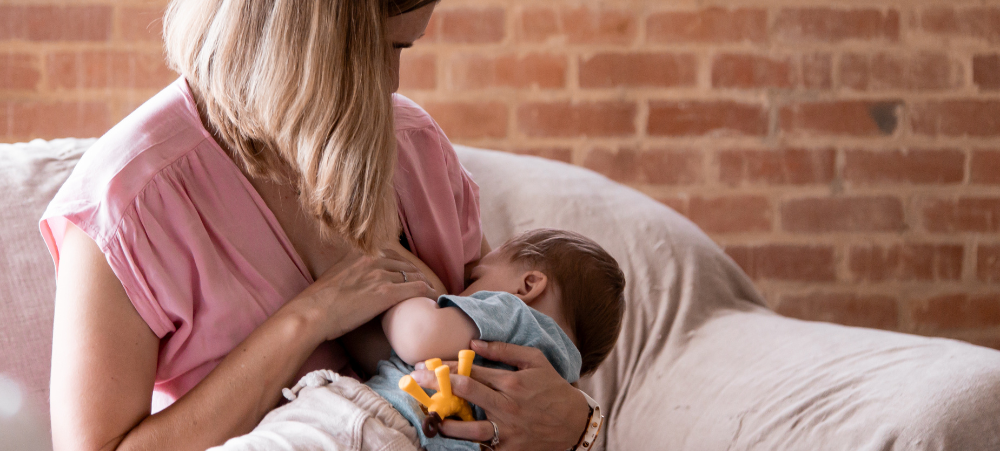After the birth – Keeping your baby with you after the birth will promote a feeling of closeness and a strong hormonal response that is linked with breastfeeding success. In many cases, it is even possible to have your baby with you immediately after a caesarean birth
Get your position and attachment right – The first few days after the birth offer the best opportunity for you and your baby to learn to breastfeed. Your breasts are still soft for a few days after the birth, then as breast milk changes from highly nutritious colostrum to mature milk; your breasts can become quite full and firm. Try to use the first few days to get your position and attachment right, this may help to avoid potential problems down the track
Be patient – Breastfeeding is a skill that both you and your baby are learning and for some mothers and babies it is more difficult than it is for others. Like anything new, it takes time and patience. Relaxation is important for both you and your baby. If you find you are getting frustrated or angry with yourself while you’re trying to breastfeed, stop and try again in a little while. If your baby is distressed, and if it is possible, ask someone to keep them distracted until you are ready to try again. You could also express for this feed and try feeding from the breast for the next feed
Feed on demand or according to need – While you are establishing your breastfeeding, your baby will feed between 7 and 12 times in 24 hours. This will settle over time. Frequent and effective feeding will help you to make enough milk for your baby
Keep baby in the room with you – There are many benefits to having your baby in the room with you in the hospital and at home, including reducing the risk of sudden infant death. It also promotes breastfeeding. Having your baby in the same room as you will help you to recognize when your baby is hungry, tired or in need of a cuddle. It will also make it easier for you to know when your baby is ready to feed. It is important to provide a safe sleep environment for your baby night and day.
Avoid teats, dummies and complementary feeds – Because your new baby is still learning to breastfeed they can become confused if they are offered a teat or dummy. If your baby has fluids other than breast milk, they will breastfeed less and your breast milk supply will decrease. Frequent, unrestricted suckling at the breast will satisfy your baby and ensure that your milk supply continues to meets your baby’s needs
- Tips for Breastfeeding Success! - October 17, 2023
- Helping your child deal with common childhood fears - September 21, 2023
- Keeping Fit while you’re Pregnant - August 29, 2023






1 thought on “Tips for Breastfeeding Success!”
I was worried when I had an emergency c section that breastfeeding would be difficult but it was so natural I made sure I stay hydrated my breastfeeding journey is still going on we are now 7 months and still enjoying our breastfeeding journey